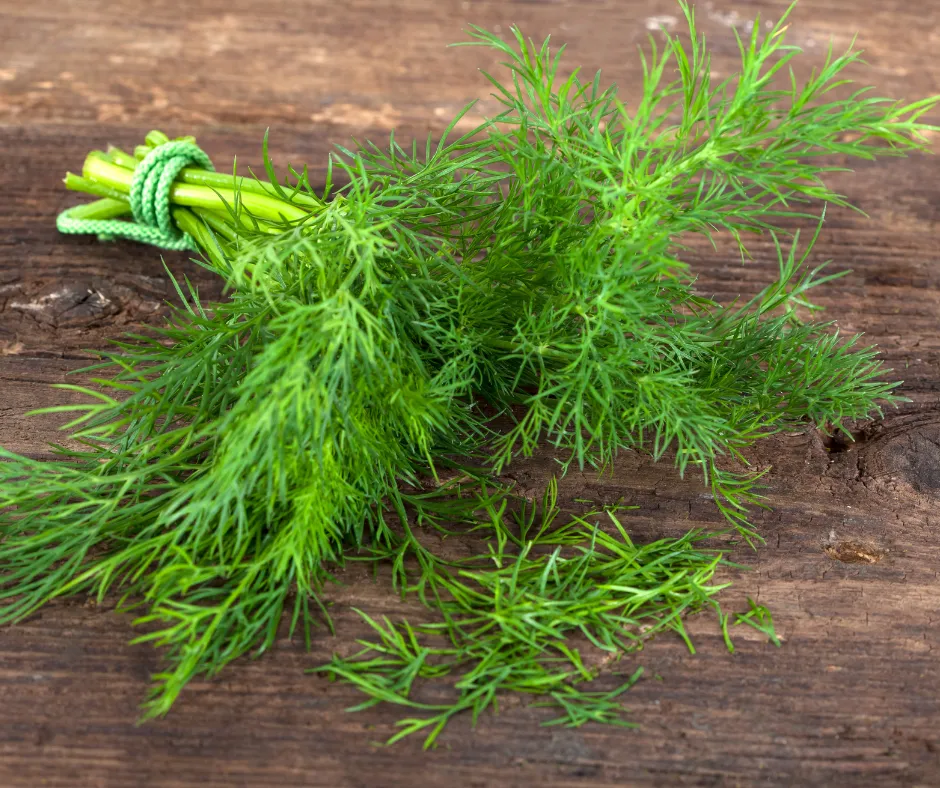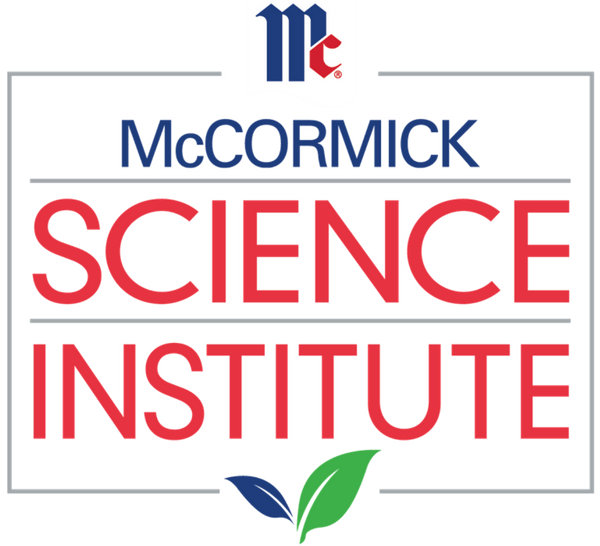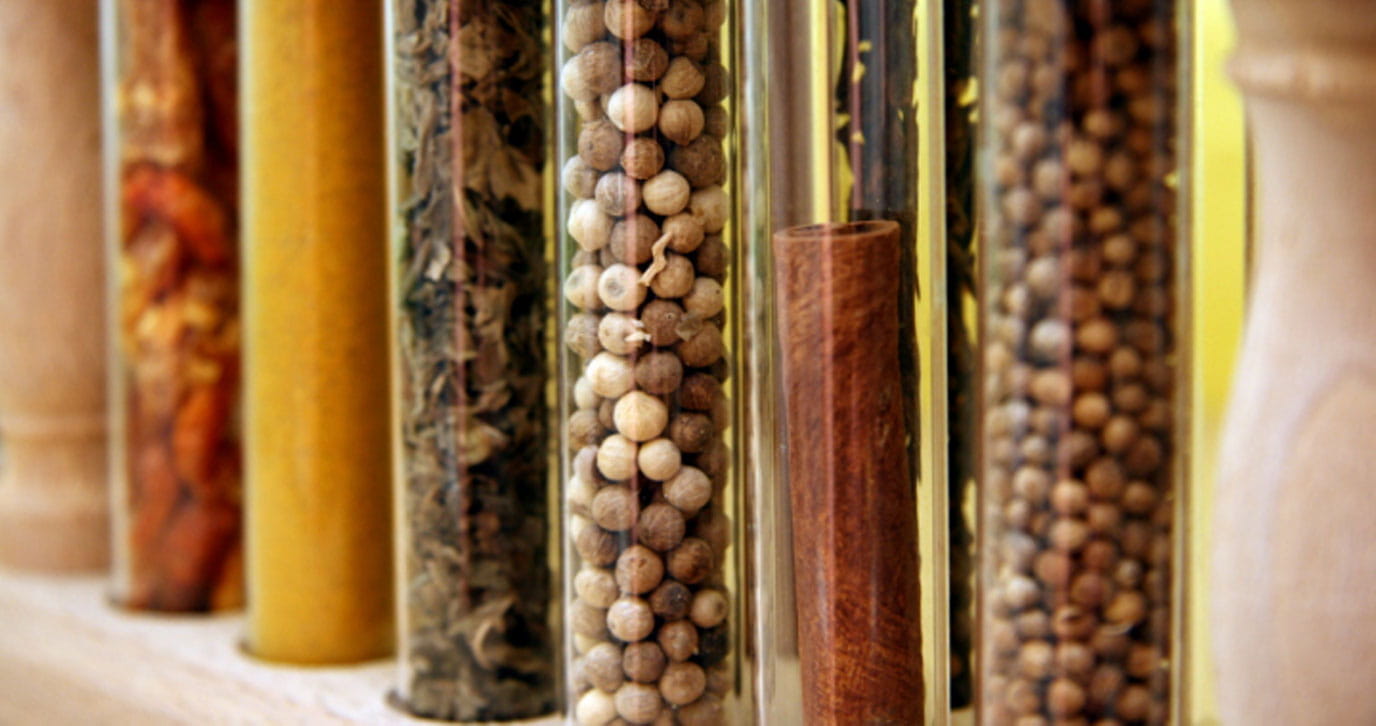January, 2025
Potential Benefits of Spices in Moderating Blood PressureDill: Potential Health Benefits
Singletary, Keith, W., PhD

May 2023--An overview of the potential health benefits of dill, funded by the McCormick Science Institute. An evaluation of the research is presented.
Anethum graveolens L. (family Apiaceae) is an important culinary herb commonly called dill in English. This plant is native to southwest Asia and the Mediterranean region and is widely cultivated throughout Asia, Africa, Europe, Southern Russia, and the United States. The leaves, fruit, and essential oil of dill have numerous culinary uses, and the oil is a flavor additive in numerous products in the food industry such as dill pickles, processed meat, cheese, and bread. It is a perfume agent in detergents, soaps, fragrances, cosmetics, and mouthwashes. Dill has a long history of use in traditional medicines dating back thousands of years in China, Greece. and the Roman empire, particularly for relieving pain, indigestion, and anxiety. Recent clinical trials evaluated dill and its extracts for managing risk factors for diabetes and cardiovascular disease, as well as in improving outcomes during labor and delivery. This narrative summarizes these published human studies examining the potential health benefits of dill and highlights potential areas for further research.
Reference
Singletary K. Dill: Potential Health Benefits. Nutrition Today. 2023 May/June. doi: 10.1097/NT.0000000000000604
View Full Text





